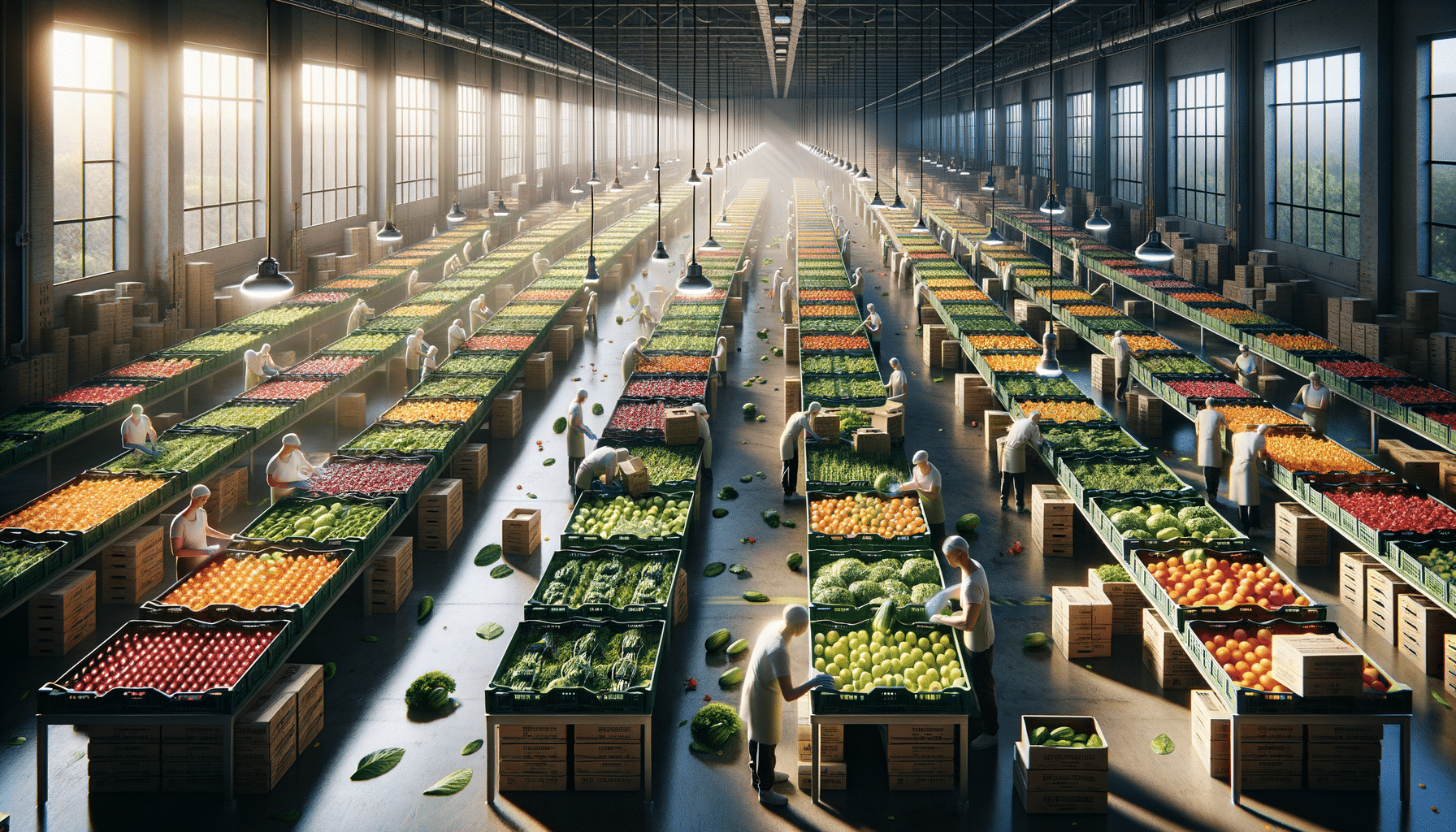
Explore opportunities in the fruit and vegetable packaging industry
Introduction to Fruit and Vegetable Packaging
Fruit and vegetable packaging plays a crucial role in the distribution and preservation of fresh produce. This industry not only ensures that fruits and vegetables reach consumers in optimal condition but also offers a plethora of career opportunities for those interested in the field. The significance of packaging extends beyond mere protection; it is integral to maintaining quality, extending shelf life, and enhancing the marketability of produce. As global demand for fresh produce continues to rise, the packaging industry is evolving, embracing innovative technologies and sustainable practices.
The Role of Packaging in Quality Preservation
Packaging serves as the first line of defense against the physical damage and environmental factors that can affect fruits and vegetables. Proper packaging helps maintain freshness by controlling factors such as moisture, temperature, and air exposure. This is particularly vital for perishable items that are prone to spoilage. The use of breathable materials, for instance, allows gases like ethylene to escape, slowing down the ripening process and extending the shelf life of the produce.
Moreover, packaging can significantly reduce food waste by minimizing bruising and other physical damages during transportation. This not only benefits retailers and consumers but also contributes to environmental sustainability by lowering the amount of wasted food. The industry is continuously researching and developing new materials and technologies to improve the protective functions of packaging.
Innovations in Sustainable Packaging Solutions
In recent years, there has been a strong shift towards sustainable packaging solutions in the fruit and vegetable industry. Consumers are increasingly aware of the environmental impact of packaging waste, prompting companies to develop eco-friendly alternatives. Biodegradable and compostable materials are gaining popularity, as they offer a reduced environmental footprint compared to traditional plastics.
Innovations include the use of materials like plant-based films and recycled paper products. These alternatives not only help reduce plastic waste but also align with consumer demand for sustainable practices. Additionally, the industry has seen advancements in reusable packaging systems, which further decrease waste and promote a circular economy. Companies are actively investing in research to find materials that balance sustainability with the durability required to protect produce effectively.
Career Opportunities in the Packaging Industry
The fruit and vegetable packaging industry offers a wide range of career opportunities for individuals with diverse skill sets. From research and development to logistics and quality control, the sector requires a workforce equipped to handle various aspects of packaging. Professionals in this field can engage in activities such as designing innovative packaging solutions, implementing sustainability initiatives, and ensuring compliance with safety standards.
Additionally, there are opportunities in marketing and sales, where individuals can contribute to promoting new packaging solutions and expanding market reach. As the industry continues to grow and evolve, it offers promising career paths for those interested in making a tangible impact on the way fresh produce is delivered to consumers.
Challenges and Future Directions
Despite the advancements and opportunities, the fruit and vegetable packaging industry faces challenges that require innovative solutions. One of the primary issues is balancing cost-effectiveness with sustainability. Developing new materials and technologies can be expensive, and companies must find ways to make these solutions economically viable.
Furthermore, regulatory compliance poses a challenge, as companies must navigate a complex landscape of standards and guidelines governing packaging materials and processes. As the industry moves forward, collaboration between stakeholders, including manufacturers, retailers, and policymakers, will be essential to address these challenges.
Looking to the future, the industry is poised to embrace digital technologies and smart packaging solutions, which promise to enhance traceability and provide consumers with more information about the products they purchase. These innovations will likely redefine the packaging landscape, offering more efficient and sustainable ways to deliver fresh produce.


